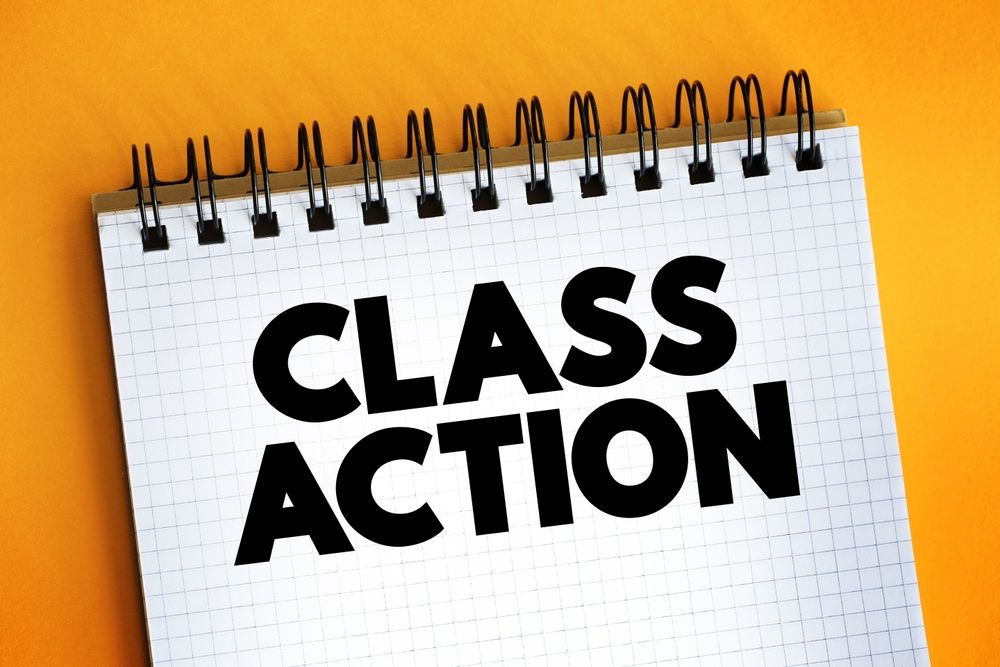
Class action lawsuits play an important role in the justice system. They enable many individuals to unite as a single plaintiff class to try and hold powerful corporations accountable for wrongdoing. Whether such corporations are allegedly responsible for defective products, unfair business practices, or widespread damages caused by negligence, class actions can allow individually harmed individuals to collectively seek compensation and justice.
What are class action lawsuits?
A class action lawsuit is a type of legal case where a group of people—known as a “class”—files a claim against one or more defendants for similar harm caused by the same issue. Rather than filing individual lawsuits, the plaintiffs are represented by one or a few representatives. Class actions can help streamline the legal process and provide access to justice for individuals who might otherwise lack the resources to pursue individual actions to hold large corporations accountable.
Class actions are particularly important for cases where the damages per individual may be relatively small, but the collective harm is significant. By pooling resources and claims, class actions can result in large settlements or verdicts that attempt to benefit all affected individuals.
Examples of class actions
Class action lawsuits have addressed a variety of issues, from defective products to environmental disasters. Here are some notable examples:
- Volkswagen Emissions Violation: In 2015, Volkswagen was accused of installing software in its vehicles to cheat emissions tests. This issue affected millions of car owners globally, leading to one of the largest automotive class actions ever. The company eventually agreed to a $14.7 billion settlement.
- Equifax Data Breach: In 2017, Equifax, a major credit reporting agency, suffered a data breach that exposed the personal information of 147 million individuals. The resulting class action lawsuit led to a settlement where affected individuals could receive compensation for the breach’s impact.
These examples illustrate how class action lawsuits help groups of individuals pursue justice.
Benefits and drawbacks of joining a class action
Before joining a class action lawsuit, it’s important to weigh the pros and cons:
Benefits
Cost-effective: Legal fees and expenses are shared among all plaintiffs, and the attorneys often work on a contingency basis, making it more affordable to pursue legal action.
Strength in numbers: With more plaintiffs, there’s often more leverage to negotiate settlements or reach favorable verdicts.
Drawbacks
Lower compensation: Since the settlement or award is divided among all class members, individual payouts may be smaller than what could be obtained through a personal lawsuit.
Less control: As a class member, if there is a proposed settlement, you would be given notice of it and would be able to object to the settlement if you so choose. In an individual lawsuit, you would be more involved in the day-to-day aspects of the litigation.
Class action lawsuits offer an efficient way for individuals to seek justice against large corporations when the same harm has affected numerous people in the same manner. If you believe you’ve been wronged by a company, share your story using our confidential form on this page.
The law firm responsible for the content of this page is:
LegaFi Law LLC (an Arizona law firm)
888-4-LegaFi
www.legafi.com
